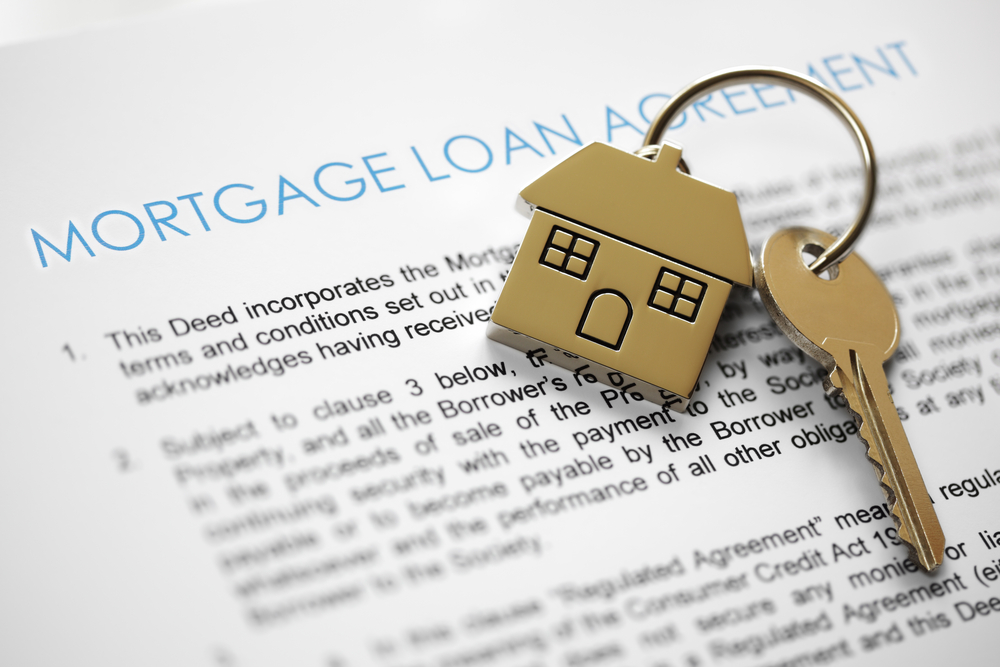While it’s technically possible for a foreigner to get a mortgage with a bank in Costa Rica, it is also almost impossible to go through the process without losing ones mind. It is likely that many banks in your country of residence offer conventional property loans because they can verify your residency status, work history and financial track record. The Costa Rican banks cannot secure home financing because they don’t have access to that information, and even if they did, they would not be able to confirm it officially and legally. The language barrier makes it even more complicated since all legal documents in Costa Rica have to be received in Spanish and translated by an official Costa Rican translator. In general, most buyers who require financing either borrow funds in their home country through the equity they have on their residence, take out money from their insurance funds or IRA, find a private lender or find a piece of real estate where an owner is willing to finance.
UPDATE April 2023 – Since the interest rates went up in North America and Europe (second quarter of 2022 and up to now), some private banks in Costa are jumping on the occasion to offer financing to foreigners who wish to acquire a vacation home abroad. The most popular banks offering financing at the moment are Banco Lafise, Bac San Jose and BCT. They tipically offer a term up to 20 years, with 30 to 50% down payment, at an interest rate that vary 8.5% to 10%.
If you turn to the private lender’s option, it’s most likely they will request an evaluation of the property you want to buy, which runs between US$500 and US$1,000. This evaluation is at the buyer’s cost. They also might ask for your bank statement for the last 12 months, plus proof of where the money comes from and proof of regular income. Each lender has its own list of requirements so make sure to ask before going through the process. They also might accept to finance for up to 70% of the property value or actual property cost (whichever is lowest), for a period of up to 15 years, and may charge an interest rate of 8% to 16%.

All lenders will charge you an administration fee for taking care of your application, which is usually around 1.5% of the loan, but it depends on the package the lender is offering you. If this lender is recommended by an attorney, there might be a percentage commission charged by the attorney. Most lenders will ask you to take out a life insurance policy and will force you to take out insurance on the property. The life insurance, while expensive, makes a lot of sense because if the borrower passes away, the insurance company will pay off the mortgage in full and the property will be free and clear for the surviving family members. Same with property insurance. IN the event of a fire or earthquake the insurance would pay to repair damages and the property would maintain its value. Getting approved by a private lender usually takes 30 days or less. Since Covid started, this option is not available anymore (or quite difficult to find). Private lenders have not been very receptive to this market, due to increase in sales price and good returns they can get on the stock market.
Sellers offering financing in Costa Rica tend to be more flexible with the documentation you will need. Usually, the seller offers to finance only to help the sale of his property and generally would prefer to have a cash sale. They won’t request an evaluation because, as sellers, they know the value of their product. Some request a proof of income, others do not. IN our experience the typical owner’s financing is for 1-3 years at an interest rate of 6-9%, with a +50% down payment. Terms vary with owner financing and can always be negotiated. Several structures exist that allow for owner financing in a manner that protects both buyer and seller. The payments can be made monthly, per semester or annually. These would be interest only loans and capital would be due at term. Interest and a portion of capital could be paid with a balance at term, commonly called a “balloon payment”. The interest and capital can also be paid totally within the period with no balance due at the end. The way it’s structured is often part of the negotiation with your agent and the seller’s agent.
 The person receiving financing usually pays the mortgage costs. A mortgage can be made at the time of closing of the sale by adding a mortgage clause in the transfer deed. A separate mortgage can also be made. A mortgage within a transfer deed cost 0.25% in registration fees and around 0.53% in documentary stamps. The notary will also charge for drafting the mortgage instrument and that fee can range from approximately 0.50% to 1.25% of the amount of the mortgage.
The person receiving financing usually pays the mortgage costs. A mortgage can be made at the time of closing of the sale by adding a mortgage clause in the transfer deed. A separate mortgage can also be made. A mortgage within a transfer deed cost 0.25% in registration fees and around 0.53% in documentary stamps. The notary will also charge for drafting the mortgage instrument and that fee can range from approximately 0.50% to 1.25% of the amount of the mortgage.
Ask your attorney within the due diligence period what the total closing cost would be if you register a mortgage. Make sure they include appraisal fees, administration cost, mortgage cost and any other cost they might charge you. That way, you will be an happy buyer and won’t have unhappy surprises!


